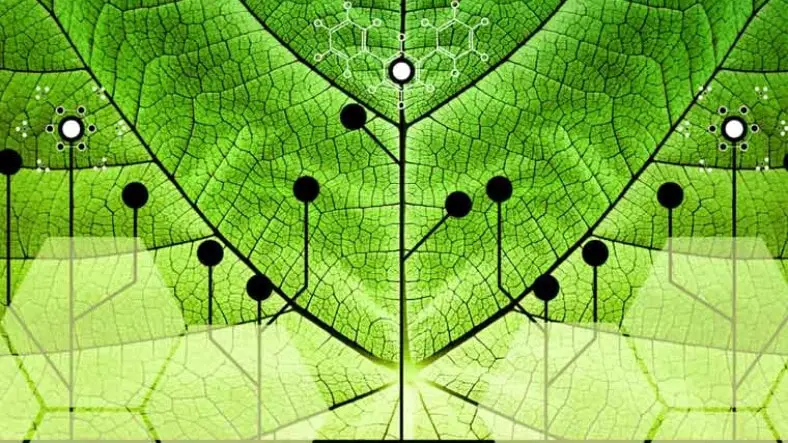Europe has been hit by heat waves and record-breaking droughts this year. Not only the climate in Western Europe is attracting attention, but the Eastern Mediterranean and the entire Middle East countries are also facing extreme heat and heat waves. The sandstorm in Iraq even closed businesses and sent thousands of people to the hospital. Afghanistan is hot to 50°C and young people are far from home.
Scientists have warned that the drought in the Mediterranean will become worse year by year, first affecting agriculture and then human civilization.
Temperatures in the Middle East have risen much faster than the world average over the past 30 years, precipitation has been decreasing, and experts predict more frequent and severe droughts. The United Nations has warned that crop yields in the Middle East could fall by 30 percent by 2025.
By 2050, 6% to 14% of GDP is expected to be lost due to water scarcity. World Bank data indicate that Egypt’s precipitation has decreased by 22% over the past 30 years.
A few years ago NASA reported the worst drought in 900 years in the Eastern Mediterranean, hitting countries such as Syria and Lebanon that depend on rainfall for their agriculture hard.
Demand for water in Jordan and the Persian Gulf countries is putting unsustainable pressure on groundwater aquifers, and drought in Iraq is exacerbating the frequency and intensity of dust storms. Disruptive weather events are also more frequent, with rising temperatures accelerating, and people being displaced as governments in Middle Eastern countries have limited capacity to adapt.
North Atlantic climate change rare for thousands of years
Turning to prosperous Western Europe, where fires in Europe grabbed headlines this year, scientists have found the cause is a clockwise area of high pressure in parts of the North Atlantic, known as the Azores High, that changes dramatically over a century, giving the North Atlantic climate a millennium-rare change. abnormal state.
This high-pressure system is key to Western Europe’s weather and long-term climate trends. Using 1,200-year climate model simulations, scientists found that the Azores high pressure area began to expand to cover a larger area about 200 years ago as human greenhouse gas pollution began to increase.
This year’s drought has affected the entire Mediterranean, including France, Romania and adjoining regions, western Germany and several Mediterranean regions such as central and southern Italy, southern Greece, Croatia, Bosnia and the Iberian Peninsula. middle.
Scientists say the Azores high pressure is a gatekeeper for rainfall into Europe, with dry air falling during the summer months, leading to hot and dry conditions in Portugal, Spain and much of the western Mediterranean.
The cool, wet winter, when high-pressure systems expand and blow westerly winds inland, almost determines the ecology and economy of the region, but rainfall has been decreasing, especially in the second half of the 20th century.
Civilization Collapsed due to Droughts
Climate damage has potentially dangerous societal impacts. Scientists point out that the spiral decline and ensuing chaos of the prosperous Eastern Mediterranean civilization 3,200 years ago remains an eternal mystery in the history of the Near East, and the lack of records of subsequent regional cultures has become what historians see as 300 years of dark ages.
Recent research points to the collapse of civilizations as a result of centuries-long droughts that accelerated Old World famines, invasions and conflicts, leading to political, economic and cultural chaos, also known as the Late Bronze Age collapse.
Many parts of the Middle East are in purgatory, and this year’s drought may only be the beginning of the threat to Mediterranean civilization.





